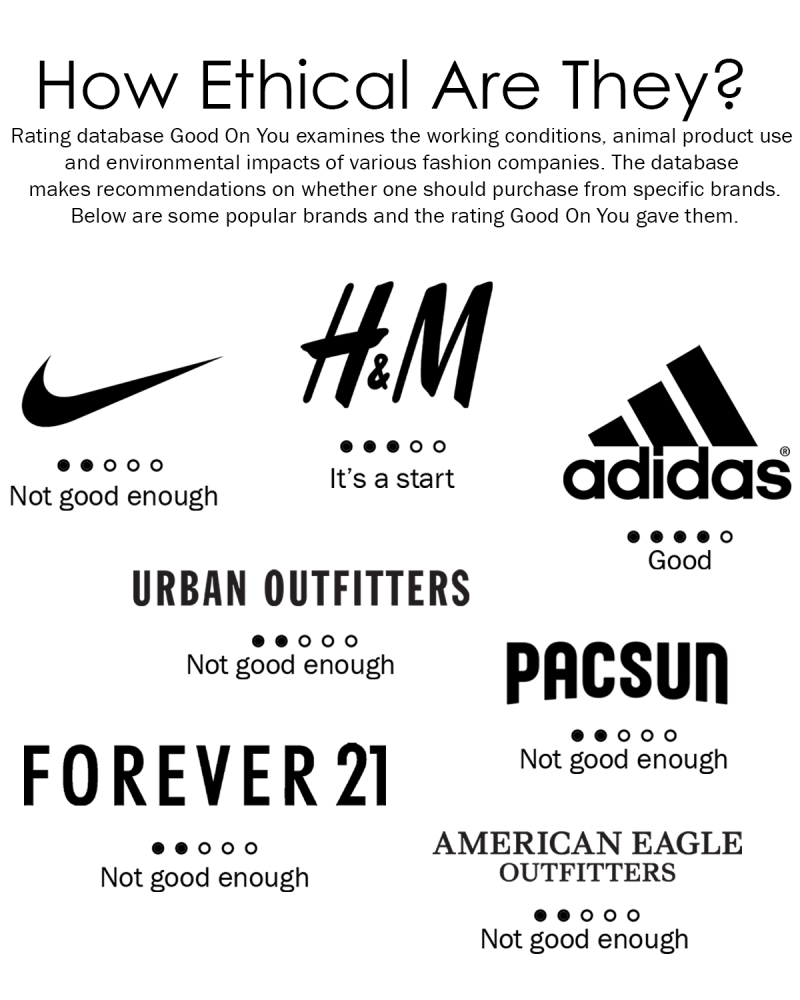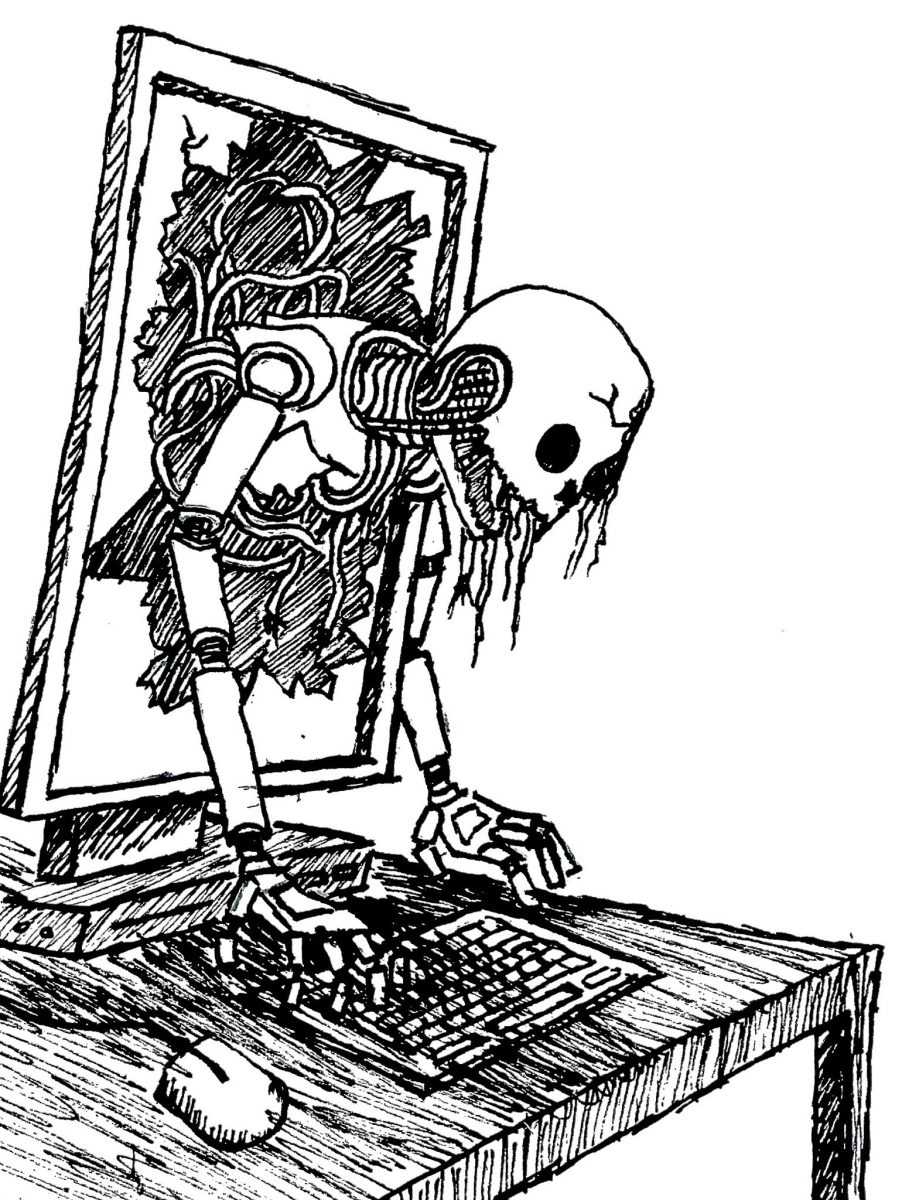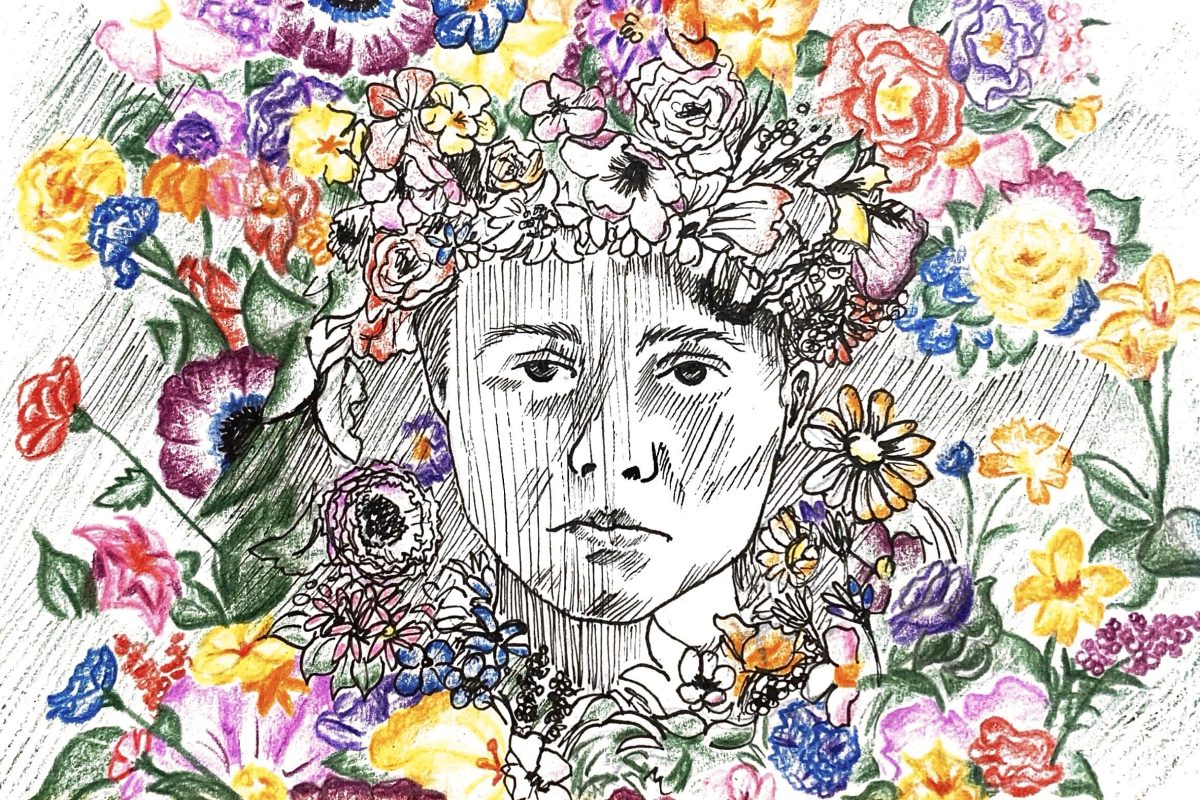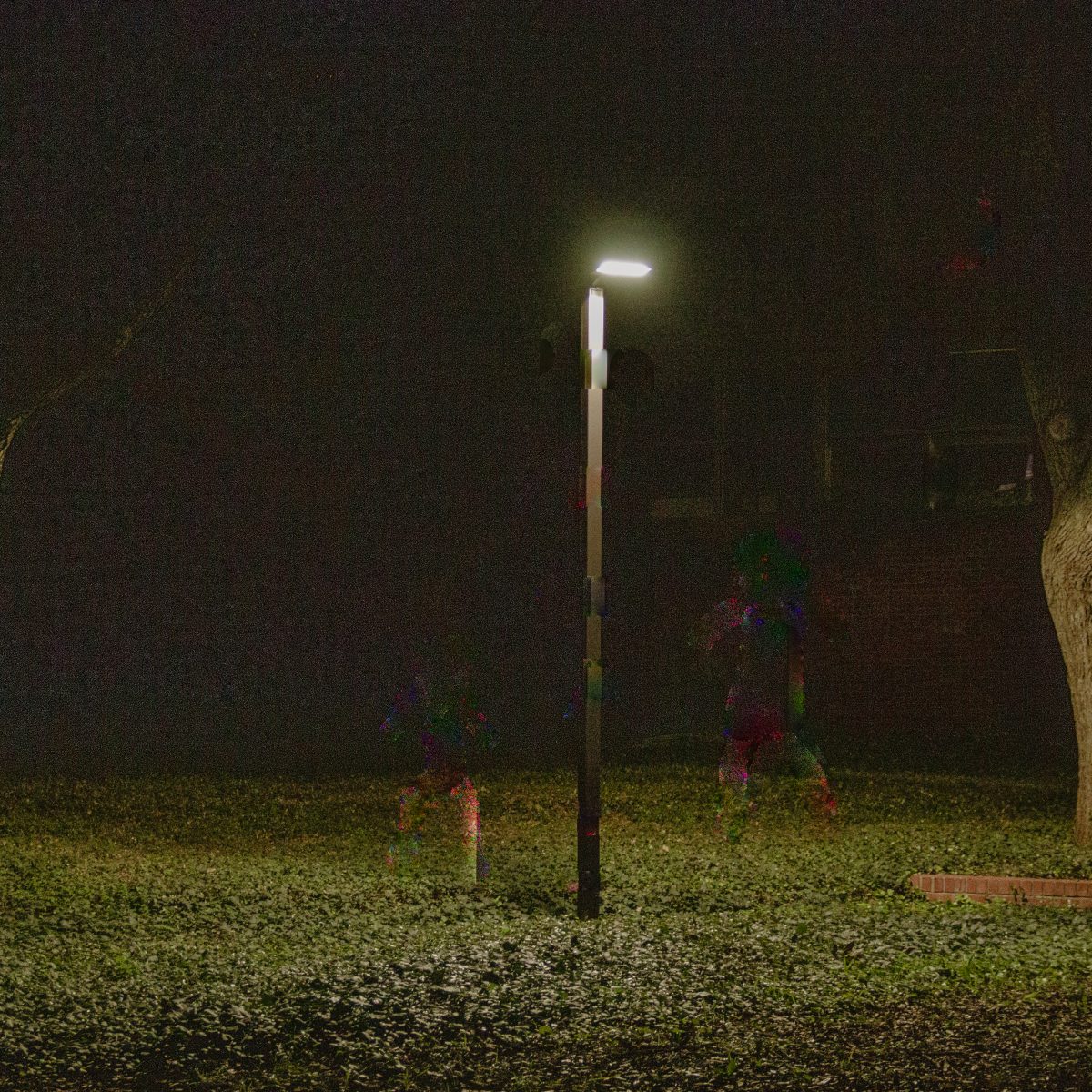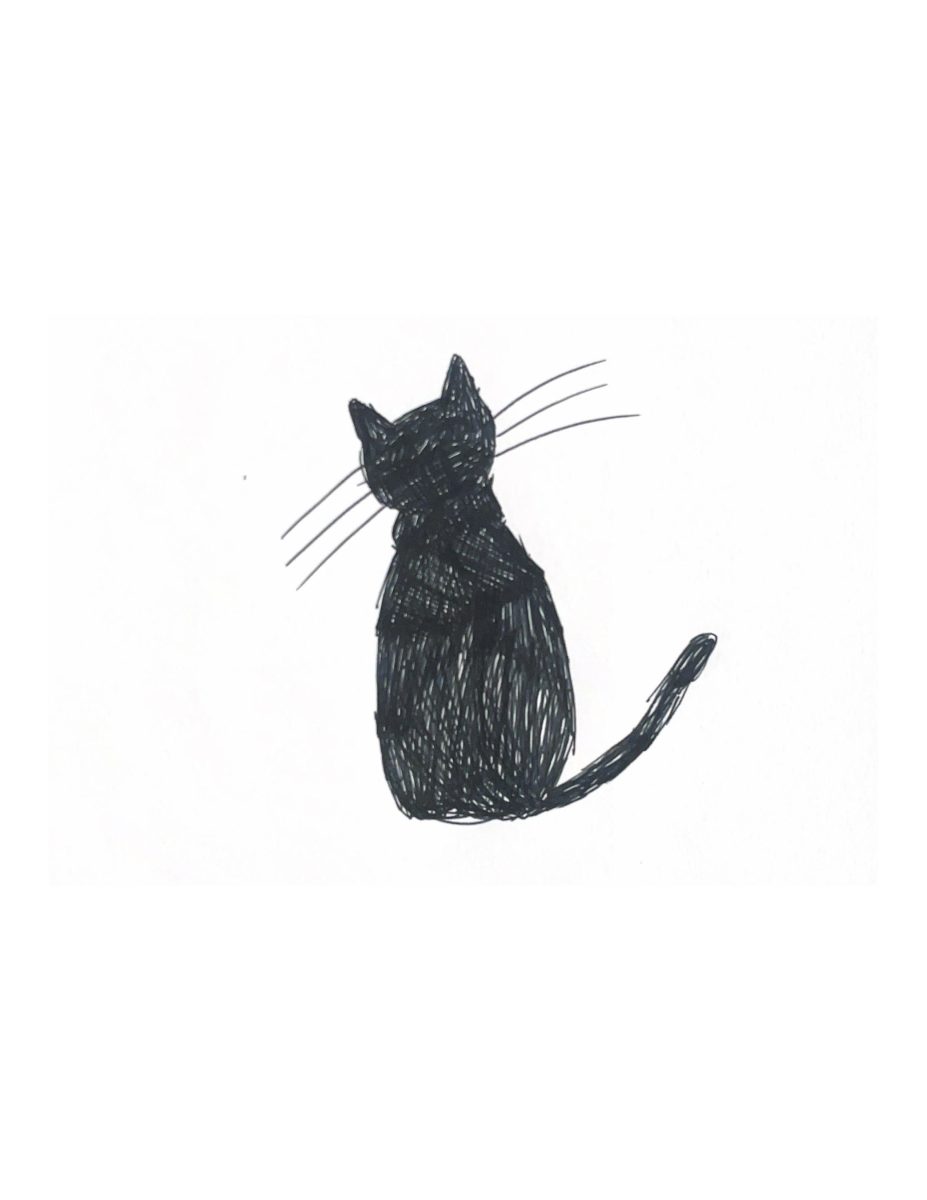In the cinematic masterpiece “The Devil Wears Prada,” fashion connoisseur Miranda Priestly (Meryl Streep) reminds Andy Sachs (Anne Hathaway) that her dowdy blue sweater “represents millions of dollars and countless jobs.” While the movie is generally regarded as a frivolous if well-regarded rom-com, this quote is surprisingly relevant in regards to the relationship between the modern consumer and the fashion industry.
I’ve long been skeptical of the idea that our clothing styles express something about our identities — mainly because I’m a busy college student whose “fashion identity” boils down in material (ha!) reality to “what I can find in my closet that does not have a ketchup stain on it.”
But in reality, what we wear isn’t separate from the ideas we espouse, or the people who stitch the threads of our shirts and shoes.
Companies frequently take political stances, intentionally or unintentionally. For example, when the vice president of the New Balance shoe company made a vague statement supporting Trump’s presidency, Neo-Nazi social media users claimed that New Balance was their official shoe. New Balance was horrified and condemned their unwanted Nazi fandom.
In addition, Nike recently made Colin Kaepernick — the former NFL player who “Took A Knee” against police brutality — the new face of their “Just Do It” marketing campaign. While relatively inoffensive, taking a knee remains controversial. An athletically esteemed brand like Nike taking Kaepernick’s side can drastically shift the public narrative surrounding football players’ protest; Kaepernick has sacrificed both his career and many of his fans to protest, so he does deserve this honor. However, does this choice mean that Nike suddenly has the moral high ground?
Nike has a record of controversy related to workers’ rights dating back to the ’90s, when college students protested the company’s use of sweatshops and child labor. While Nike has made numerous steps to clear their reputation — their website boasts pictures of clean factories and smiling workers — Nike’s current record leaves much to be desired.
A June 2018 report by the Clean Clothes Campaign accused Nike of doubling and Adidas of tripling sponsor contracts with various football teams (the German team will receive $65 million this year from Adidas) while simultaneously paying their mostly-female workers in countries like Indonesia and China poverty wages. This “Foul Play” report found that workers receive 30 percent less of the production costs from Nike and Adidas shoes than they did in 2018 — when protests against sweatshops were at their height.
Being an ethical consumer means prioritizing intersectionality — for example, Nike’s anti-racist campaign is undercut by the fact that the company doesn’t pay the people of color who make its shoes overseas a living wage.
The same dilemma occurred with Emma Watson’s “This Is What a Feminist Looks Like” T-shirt line, made from the labor of women overseas who were working 45 hours a week to earn the equivalent of $1 an hour. Opposing unjust labor in the fashion world is an anti-racist, feminist and anti-imperialist project.
Fashionable and forward-thinking students should consider shopping at local San Antonio thrift stores as an easy way not to give unjust companies your money. Two thrift stores by Trinity are Boysville, which sells cheap and vintage clothes alongside antiques, and Buffalo Outlet (a personal favorite), which has a variety of clothes with cute patterns and colored price tags to denote clearance items — making it possible to buy an outfit for under $5. Goodwill is also a good option for thrift shopping; Trinity also holds several clothing exchanges throughout the year.
If you want to see how your favorite fashion brand is doing ethically, website and iPhone app Good On You rates more than 2000 brands by categories like environmental impact, labor conditions and animal welfare. The Clean Clothes Campaign website is also a good way to track how companies behave in real time.
For people who want to take more direct action, you can write letters or emails to companies who use unjust labor tactics or become involved with United Students Against Sweatshops, a student organization that was founded in 1998 to protest unjust working conditions. The organization is currently promoting an online petition called “Nike, Respect Garment Workers in Indonesia!” that anyone who cares about this issue should sign.
While everyone enjoys beautiful fabrics and aesthetics, it’s not worth it if people are hurt in the process. One person’s individual choices may not change much, but when united with a larger group of conscientious consumers, we have the power to create a fairer fashion industry.

